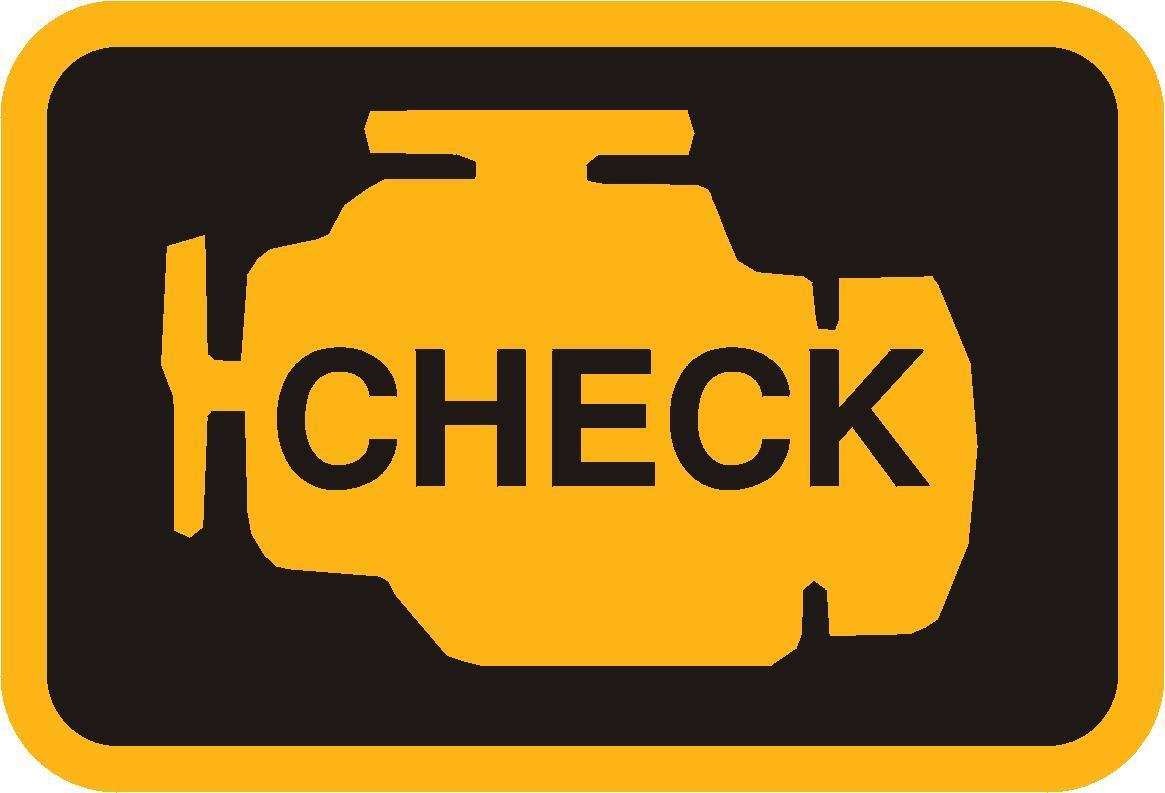
It’s happened to just about all of us. You’re driving down the road and all of a sudden your car’s Check Engine light comes on. Or maybe you’ve just started up your car and the dreaded light appears. No matter what the circumstances, no one likes to see the Check Engine light come on.
So what causes the Check Engine light to come on? In most cases, it has to do with the sensors in various parts of your car’s systems. Your car has a computer inside of it that connects to these sensors. When one of the sensors fails to read properly, it sends a signal to your car’s computer to let you, the driver, know immediately through the Check Engine light.
Here are some of the problems that could cause the Check Engine light to turn on:
-
Engine sensor failure. Did you know that there are well over fifty sensors in your car? In the engine, it could be any number of sensors misreading to cause the Check Engine light to turn on, including an O2 sensor, cooler temperature sensor, mass air flow sensor, or intake air temperature sensor, to name a few.
-
Transmission sensor failure. Some of the sensors in the transmission include: the transmission fluid temperature sensor, shift solenoid, input shaft speed sensor, output shaft speed sensor, and slip sensor.
-
Fuel system sensor failure. In your fuel system, some of the sensors include: the evaporative purge solenoid, vent valve, fuel tank pressure sensor, and fuel level sensor.
-
Mechanical issue. This could include many problems, such as internal wear of the transmission or engine, which would cause the sensors to read outside of their parameters.
-
Electrical issue. This could include a broken wire going to a sensor, solenoid, or motor. There could also be a short in which a wire might be touching metal.
Essentially, any time your check engine light comes on it is because your car is not running at its optimum performance. So it’s very important to have the issue resolved as soon as possible. Please note—if your Check Engine light ever begins to flash, that is an indication that your car is misfiring and that could cause serious damage to your catalytic converter or to the engine itself. Therefore, if your Check Engine light is flashing, have your car looked at immediately. If you’re nowhere near your mechanic, it would be best to stop driving and have your vehicle towed in.
At Ward Automotive in Harford County, Maryland, we have the proper scan tools to analyze what might be causing your Check Engine light to turn on or flash. We are a complete car care shop offering everything from routine maintenance to serious automotive repair, engine work, and even autobody work through our sister company Bel Air Autobody. Why not trust your car to the company who knows the proper repair procedures from autobody all the way to the mechanical? Bel Air Autobody and Ward Automotive have been servicing the residents of Harford County, Maryland for over 20 years.
{{cta(‘5fa1ef3b-62da-41fb-a5b7-c20a4b5b1428’)}}
